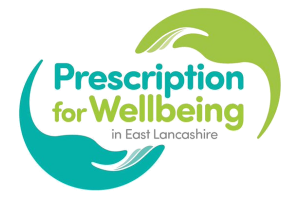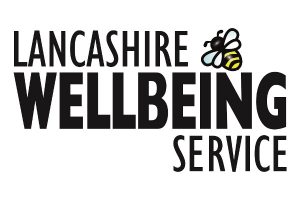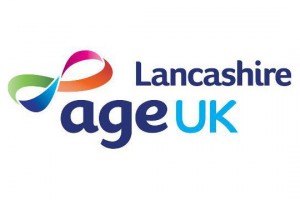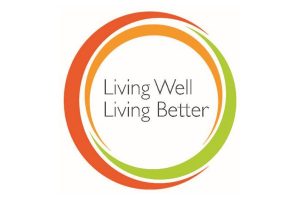What is Social Prescribing?
Social Prescribing – alternatively known as ‘Community Referral’ or ‘Prescription for Well-being’, is a generic term for processes that seek to refer patients with social, emotional or practical needs from primary care services to a range of local, non-clinical services. As many people’s first point of contact with the NHS, around 90 per cent of patient interaction is with primary care services. In addition to GP practices, primary care covers dental practices, community pharmacies and high street optometrists.
Social Prescribing Projects in Rossendale
RBC – Living Well, Living Better Project
Aims to contribute to the delivery of an integrated wellbeing service, as part of a joined up system that helps socially isolated and lonely people in Rossendale to access the right level of support for their needs and to help them improve and maintain health, wellbeing and independence.
More about the Living Well, Living Better Project.
 BPRCVS Prescription for Wellbeing (Community Connectors)
BPRCVS Prescription for Wellbeing (Community Connectors)
Small (>£2,000), Main (£2,000 – £10,000) and Large (>£10,000) grants made available to community organisations.
The project has also recruited 3 PT Community Care Coordinators. The role includes recruiting, coordinating and supporting a team of volunteers to meet the needs of people with non-medical needs, identified in a range of locations including GP practices and linking them to activities and opportunities within the voluntary community and faith sector in each of the Burnley, Pendle and Rossendale Districts.
More about the Community Connectors Project (Formerly Care Navigators)
 Lancashire Wellbeing Service
Lancashire Wellbeing Service
A free service offering practical, short-term support towards a better quality of life. Lancashire Wellbeing Service exists to help people deal with the causes that can affect their health and wellbeing and over 6,000 residents have already benefitted. They offer a non-clinical service to improve your independence and quality of life.
More about the Lancashire Wellbeing Service
 Age UK Age of Opportunity Project
Age UK Age of Opportunity Project
Age of opportunity supports those ove 50 who are currently inactive and will help to improve their skills and employability. To do this the project intend to address a wide range of complex barriers that are specific to this age group, including poor health, lack of confidence, outdated skills, age discrimination and caring responsibilities. For some this might mean acquiring new skills, for others it may mean gaining the confidence to go out of their front door for the first time in years.


